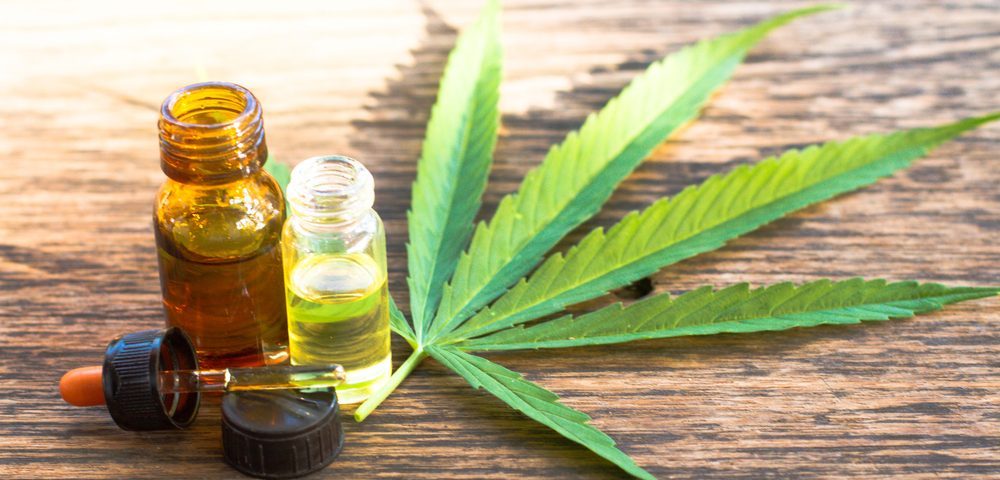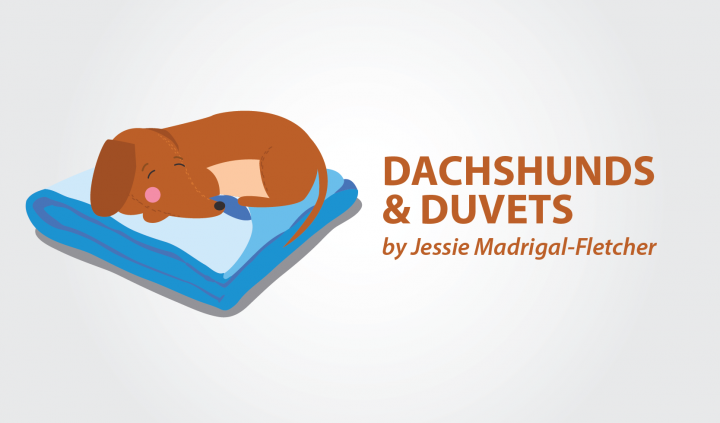I am currently experiencing an endometriosis flare-up. My right ovary has decided to remind me of its presence via throbbing, stabbing pains, and my uterus feels like it’s tearing apart. This is when my pain-relief weapons come into action, and cannabinoids take center stage.
I took strong painkillers for years, mainly high doses of ibuprofen. I knew I was playing with fire, since this type of anti-inflammatory can damage the lining of our stomachs. However, suffering chronically crippling pains, the only way I could hold a job and pay bills was through strong medication. Years have passed, and now my gut is a war zone. I have made changes in my diet, but also had to quit ibuprofen. That’s when cannabidiol (CBD) came into play.
CBD is a cannabinoid (a cannabis compound). “CBD oil” is an extract mixed with a carrier oil. It also comes in pill form, and some people even vape it. It has the numbing effect one associates with weed, but leaves out the THC element, which means no psychoactive (“stoned”) effects.
It’s very good at reducing the intensity of pain. If like me, you experience severe levels of pain, CBD may not get rid of it completely, but it can provide a lot of relief. CBD is a superhero when it comes to migraines and anxiety. Taken orally as an oil, its taste is very strong and not particularly pleasant, but it can be mixed with anything you eat or drink. Depending on its concentration and potency, you may only require a single drop each time — start small.
Cannabis is becoming an increasingly hot topic in the world of endometriosis. In the U.S., most states still don’t include symptoms of endometriosis within their qualifying conditions to obtain medical marijuana. But projects like Know Your Endo are working to increase awareness on this subject, and Oscar-winning actress Whoopi Goldberg has launched a line of cannabis-based products aimed at women suffering from menstrual issues. New Zealand plans to hold a referendum so that its citizens can decide on legalizing the personal use of cannabis, which could enable those with chronic conditions to obtain medicinal cannabis.
I live in the U.K., where CBD is legal, although the NHS (Britain’s public health system) does not fund or prescribe it. There have been some isolated cases of doctors prescribing it to epilepsy patients, and while it can be easily bought online or at some health shops, it’s not cheap.
I am writing this from my bed, having taken some CBD with my lunch, which is enabling me to function. I wish I had known about CBD before. It would have probably saved me from destroying my gut with strong, synthetic medication.
I believe cannabinoids should be an option for endometriosis sufferers.
The long-term effects of certain painkillers should justify the availability of more natural alternatives. I started buying CBD from someone who mostly sold it to cancer and endometriosis sufferers. Cannabinoids help thousands of women, but right now, it’s all down to word-of-mouth among patients who can afford it. We need more awareness and availability globally, and the power to change the laws to facilitate its supply and use for medical purposes.
***
Note: Endometriosis News is strictly a news and information website about the disease. It does not provide medical advice, diagnosis, or treatment. This content is not intended to be a substitute for professional medical advice, diagnosis, or treatment. Always seek the advice of your physician or other qualified health provider with any questions you may have regarding a medical condition. Never disregard professional medical advice or delay in seeking it because of something you have read on this website. The opinions expressed in this column are not those of Endometriosis News or its parent company, BioNews Services, and are intended to spark discussion about issues pertaining to endometriosis.


